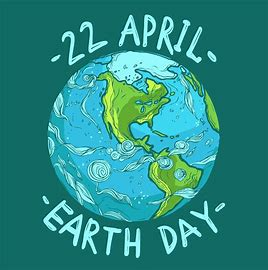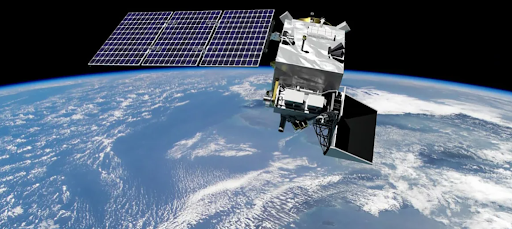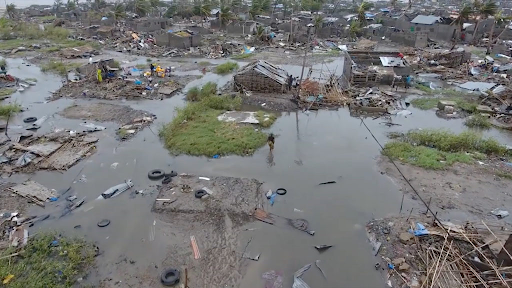Severe Heat Wave Hits Western U.S. and Canada
Summer: the time of year that most of us yearn for with its bright sunshine and warm weather. Relaxing days by the pool, vacationing in tropical resorts and hosting family barbeques. Summer brings us relief from a long year of hard work and gives us an ample opportunity to spend more time outside instead of staring at screens all day. However, only a week into the season, this summer has proven to be like no other as a result of the blistering heatwave that has been hitting the Western United States and parts of Canada for the past few days. With temperatures as hot as 117 degrees Fahrenheit in Phoenix and 108 degrees Fahrenheit in British Columbia, millions of Americans and Canadians alike are preparing for a summer by the A.C. instead of by the pool. With no near end in sight, the lingering wave could cause more prolonged droughts, violent tropical storms, and health risks to millions of people, none of which can be ignored.
This unbearable heat is primarily caused by greenhouse gases in our atmosphere, which humans are responsible for emitting via factories and cars. Greenhouse gases are categorized by their toxicity to the environment, a dark hue, and binding properties that cause them to form thick blankets of gas in high-up Earth’s atmosphere. With no direct path down to the planet’s surface, the heat emitted from the Sun is trapped between the ground and the layers of gas, resulting in hotter air and water temperatures, severe droughts, and violent storm systems. Very little heat can escape back into space from our atmosphere. And because our country remains heavily reliant on fossil fuels for running industries, this means increased levels of greenhouse gas emissions and hotter, drier conditions for Earth overall, especially during this time of year. The 5 hottest summers have occurred consecutively since 2015 and greenhouse gas emission levels have climbed nearly 41% since 1990. Both of these increases are directly linked to human use of fossil fuels and the lack of transition to renewable energy sources.
Rather than simply riding out the heat this summer and forgetting about it when autumn arrives, one thing we can do on an individual and national scale is to transition away from non-renewable energy sources such as coal and oil (which are single-use and produce toxic gases) to renewable energy sources. Renewable energy is cleaner/safer for our planet and will allow Earth to gradually return to a state of equilibrium with cooler temperatures, less severe weather, thriving ecosystems, and many other improvements as well. If we all take action now, we can ensure a healthier and more enjoyable summertime for years to come and help our planet heal from years of environmental devastation.
Sources:
https://www.nytimes.com/2021/06/17/climate/wildfires-drought-climate-change-west-coast.html










